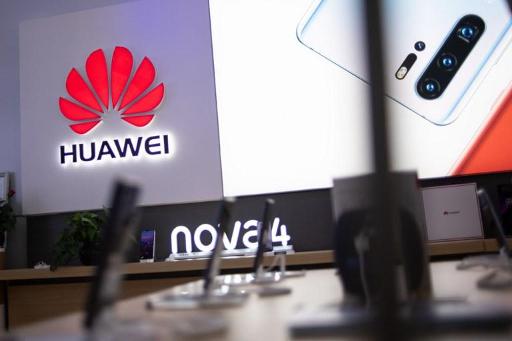A ban on networking equipment produced by Chinese manufacturers could cost European operators up to 55 billion euros, according to an internal memo by the GSM Association (GSMA), viewed by AFP.
The association, which defends the interests of network operators worldwide, added that if service providers are unable to use equipment from Chinese telecoms giant Huawei or its main competitor, ZTE, that could delay the rollout of 5G technology by up to 18 months.
A certain quantity of equipment already installed on 3G and 4G networks will need to be replaced to make the networks fully compatible with the new 5G equipment. However, one of the main problems in that regard is the capacity of the non-Chinese suppliers, particularly Sweden’s Ericsson, Finland’s Nokia and South Korea’s Samsung, to supply the required additional equipment while honouring contracts already signed in Asia or North America.
The situation could vary considerably from country to country and from one operator to the next since there could be strong fluctuations in the Chinese suppliers’ share of the equipment.
In late 2018, Huawei accounted for 28% of the networking equipment market in Europe, while Nokia and Ericsson each controlled 25%, and ZTE 10%.
Huawei has been in turmoil since May, when the Trump administration banned U.S. companies from selling state-of-the-art equipment to the group, which it suspects of spying for China.
The U.S. decision, scheduled to take effect in three months, threatens the survival of the Chinese industrial flagship, which is highly dependent on U.S. chips for its telephones, experts say.
Many companies have since distanced themselves from Huawei, especially Google, whose Android system equips the vast majority of the world’s smartphones.
However, some European operators feel Huawei has a 12 to 18-month advance on its competitors, with its research and development spending equalling that of Nokia and Ericsson combined.
The Brussels Times

